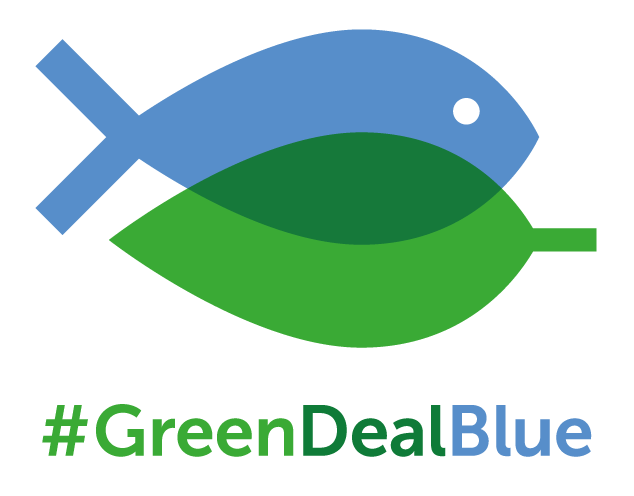
The EU’s Biodiversity Strategy for 2030 sends a strong signal that a just transition to low-impact fishing, ecosystem-based management, and ensuring no fishing is carried out above Maximum Sustainable Yield levels, are crucial to ending the destructive impact of fishing on ocean health. These are good signs that the Commission has an appetite for more ambition when it comes to preserving our marine resources and restoring our ocean. The next step is for member states to progress from prioritising the interests of a select few, to prioritising our life support system and the future of dependent coastal communities.
In contrast, the EU’s Farm 2 Fork strategy lacks appreciation of the critical role that a healthy ocean plays in a safe and sustainable future for all Europeans, and is bereft of the ambition necessary to transform current fisheries management into a more just and successful model. It appears that a flawed old-world view of fish as a resource to be extracted still pervades, which is completely at odds with the European Green Deal; correcting this will require strong leadership to deliver on the Commission’s commitment to transform it’s relationship with nature and become climate neutral.
So, while Farm 2 Fork lacks direction, the Biodiversity Strategy adds much-needed grease to the wheel of the existing Common Fisheries Policy (CFP), which is struggling to deliver on its objectives to end all EU overfishing, improve data collection, and integrate ecosystem and social considerations to quota allocation. But on its own, the Biodiversity Strategy cannot change the world as we know it – the wheels of the bicycle are going in opposite directions. It is now up to the Parliament and Council to confirm and adopt this strategy, and for the Commission to start delivering the low-hanging fruit. It can start by proposing fishing limits for 2021 that lie within the boundaries recommended by scientists.
Rebecca Hubbard is the Programme Director of Our Fish
